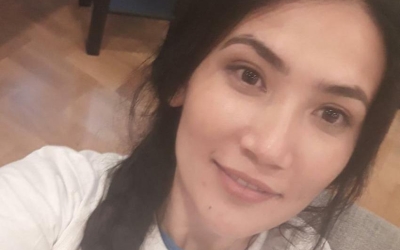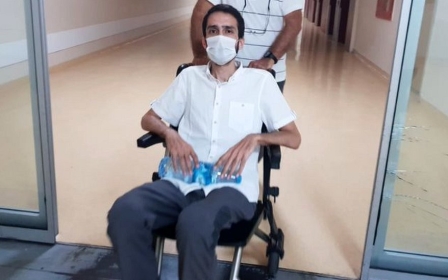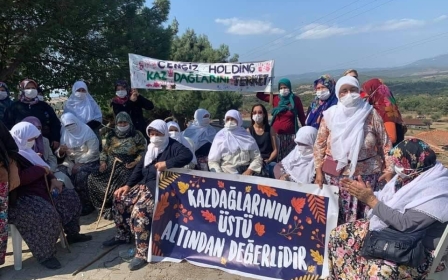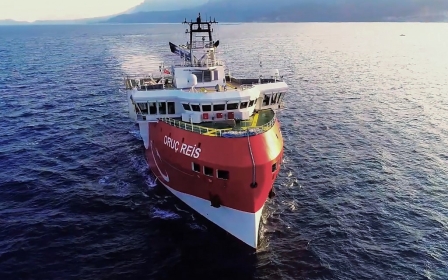Ban on Kurdish-language play in Istanbul sparks condemnation
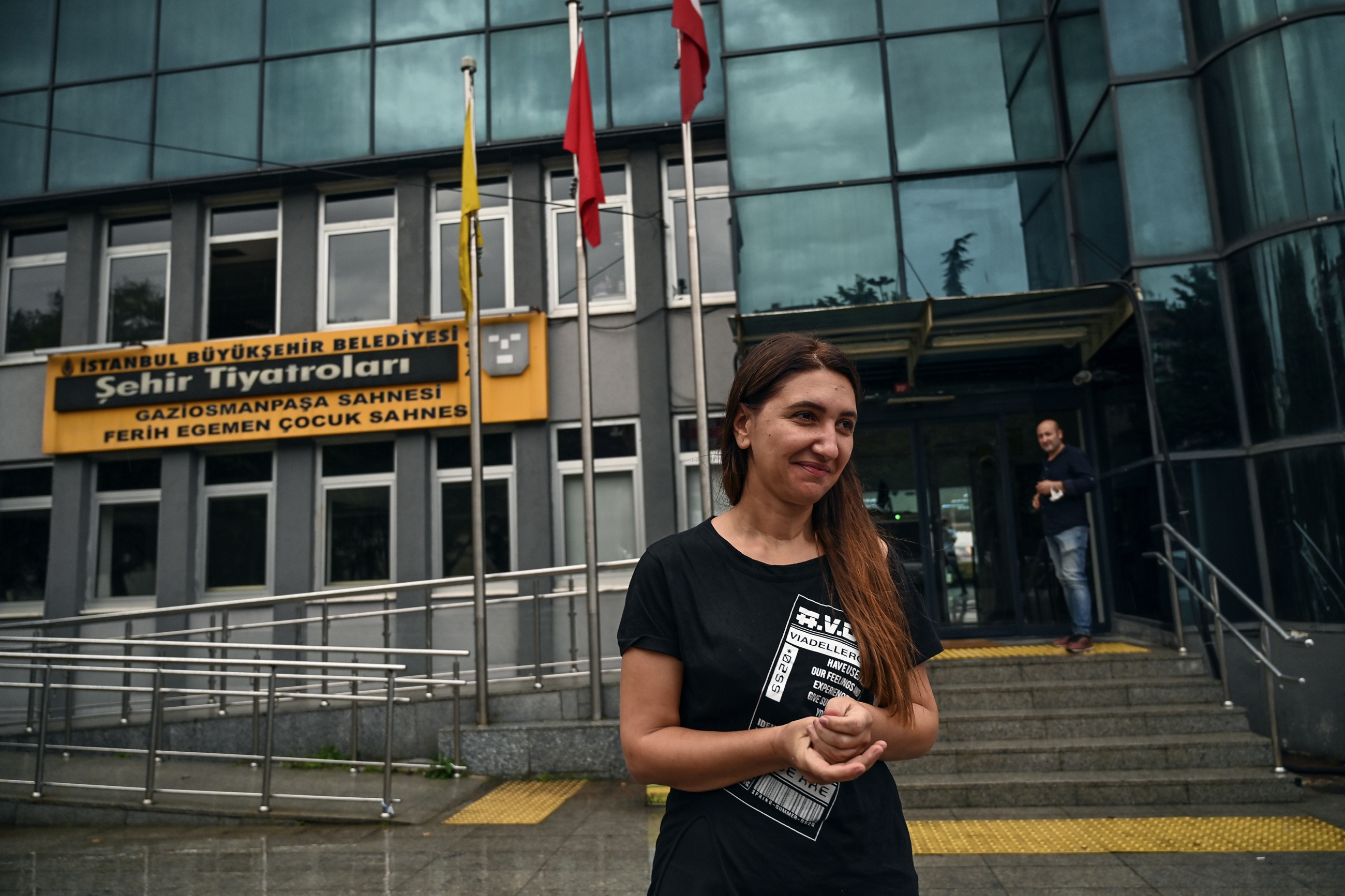
Istanbul's governorate has banned a Kurdish-language play that was set to open on Tuesday, provoking condemnation from actors and the city's mayor.
Beru, a Kurdish adaptation of Dario Fo's 1981 satire Trumpets and Raspberries, was due to open at the city's municipal theatre, marking the first time a Kurdish-language play had been staged in the institution's 106-year history.
News of the banning of the play, due to be performed by the Teatra Jiyana Nu (New Life Theatre) and scheduled to open in the Gaziosmanpasa neighbourhood, arrived just hours before curtain up.
'A member of a terrorist organisation wanted with a red bulletin is free to appear on television and make a statement. [But] it is forbidden, a crime, to stage a play that our citizens who speak Kurdish will go and watch'
- Ekrem Imamoglu, Istanbul mayor
Speaking on Twitter, the governor of Istanbul, Ali Yerlikaya, said that the play had been banned because it contained "PKK propaganda", rather than because it was in the Kurdish language.
The Kurdistan Workers Party (PKK) have fought a decades-long insurgency against the Turkish government that has cost more than 40,000 lives.
New MEE newsletter: Jerusalem Dispatch
Sign up to get the latest insights and analysis on Israel-Palestine, alongside Turkey Unpacked and other MEE newsletters
"A theatre play spreading the PKK terror organisation's propaganda will be allowed neither in Kurdish, Turkish nor in Arabic," Ismail Catakli, a spokesman for the interior ministry, tweeted, dismissing the criticism as "another lie, another provocation".
He said legal action had been taken against those who had given it the green light.
Fo's work as a playwright and satirist was honoured in 1997 with the Nobel Prize for Literature.
Beru involves a politician rescued from kidnapping, whose face is mistakenly reconstructed in hospital in the likeness of the man who saved him.
"We were all on stage for rehearsal and ready for the audience but instead were handed a statement from the local administration that we are banned," actor Ruges Kirici told AFP outside the theatre, which was under police surveillance.
"We cannot perform at the moment."
Condemnations
Mayor of Istanbul Ekrem Imamoglu condemned the decision in a statement on Tuesday, implying hypocrisy on the part of the authorities.
“A member of a terrorist organisation wanted with a red bulletin is free to appear on television and make a statement," he said.
"[But] it is forbidden, a crime, to stage a play that our citizens who speak Kurdish will go and watch."
Istanbul is often referred to as the world's largest Kurdish city, as the minority is thought to make up a large percentage of the city's 15-million strong population.
Imamoglu is a member of the opposition Republican People's party (CHP) and won the mayoralty last year. But his power is limited compared to the governor, who is appointed by the government.
The theatre group protested against the ban online, with the Turkish Twitter hashtag #KurtTiyatrosuEngellenemez ("Kurdish theatre cannot be prevented").
"The play by Dario Fo was performed in many languages all over the world," Kirici said. "Why is it dangerous when it is in Kurdish? Why does it threaten public safety?"
The city theatre - whose history goes back to the Ottoman empire, the predecessor of modern Turkey - had taken on work from independent theatres that are struggling in the coronavirus pandemic.
But it had come under fire since then, with some pro-government media accusing the opposition municipality of allowing a play by a theatre group linked to outlawed Kurdish militants.
Reversal of rights
President Recep Tayyip Erdogan's ruling Justice and Development party (AKP) took limited steps to improve the Kurds' cultural and linguistic rights as part of an initiative announced in 2009, when he was prime minister, after decades of severe repression by authorities.
These included allowing Kurdish-language institutions and media outlets, as well as kindergartens that taught children in Kurdish.
But after the collapse of a fragile truce in 2015, violence resumed in the Kurdish-majority southeast between Turkish security forces and PKK militants.
The government had since launched a crackdown on Kurdish media organisations and cultural centres.
It was widened after Turkey's failed 2016 coup, with the government removing many elected mayors of Kurdish-run municipalities from the Peoples' Democratic party (HDP) on terror-related charges and replacing them with "trustees".
Actor Omer Sahin compared the decision to close the play to past pressure by governments in the 1990s, when tensions between the PKK and the army were at their peak.
"We are no longer in the 1990s but the decision today has sent us back to the atmosphere and mindset of that era," he said.
Middle East Eye delivers independent and unrivalled coverage and analysis of the Middle East, North Africa and beyond. To learn more about republishing this content and the associated fees, please fill out this form. More about MEE can be found here.



